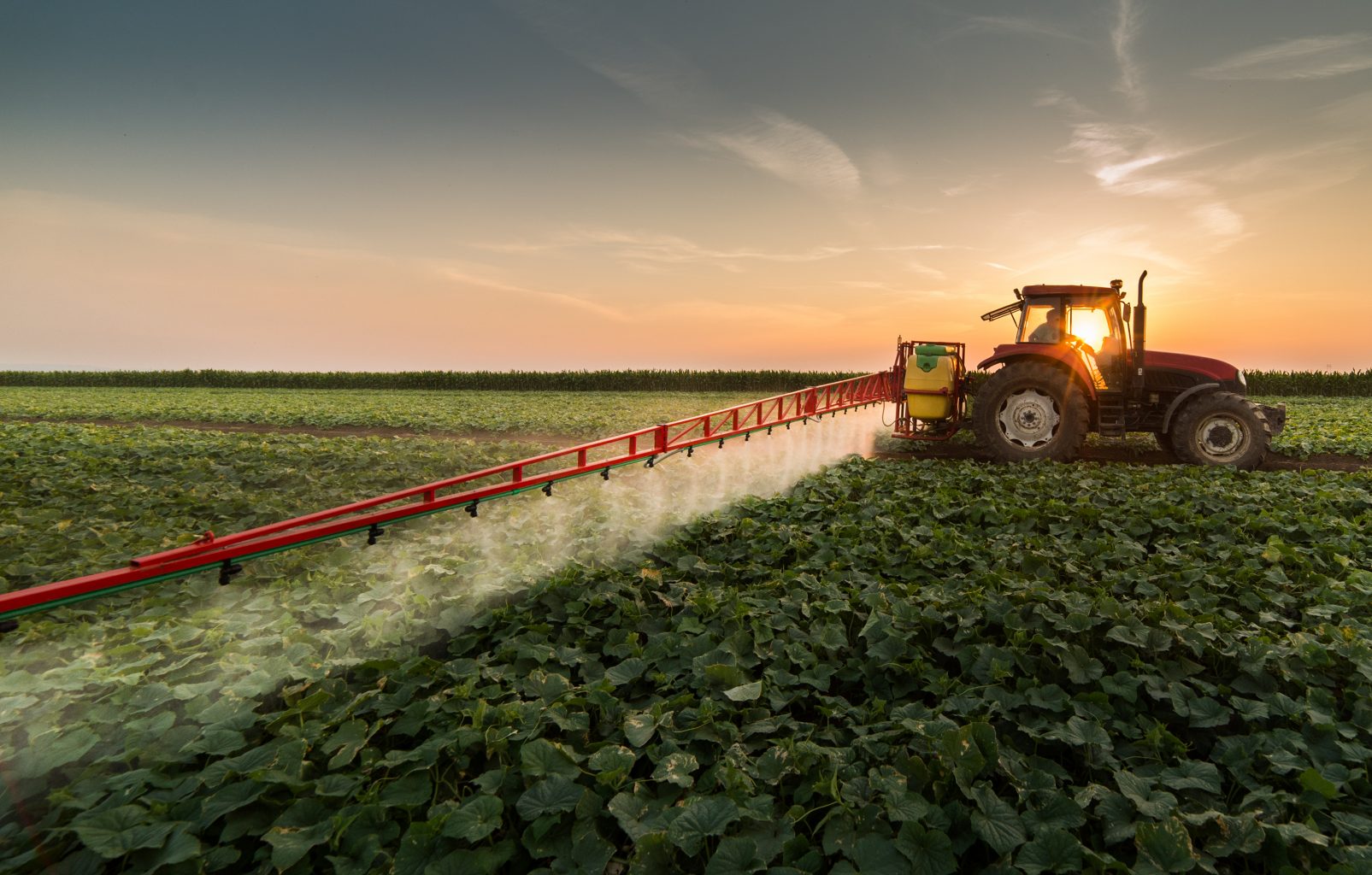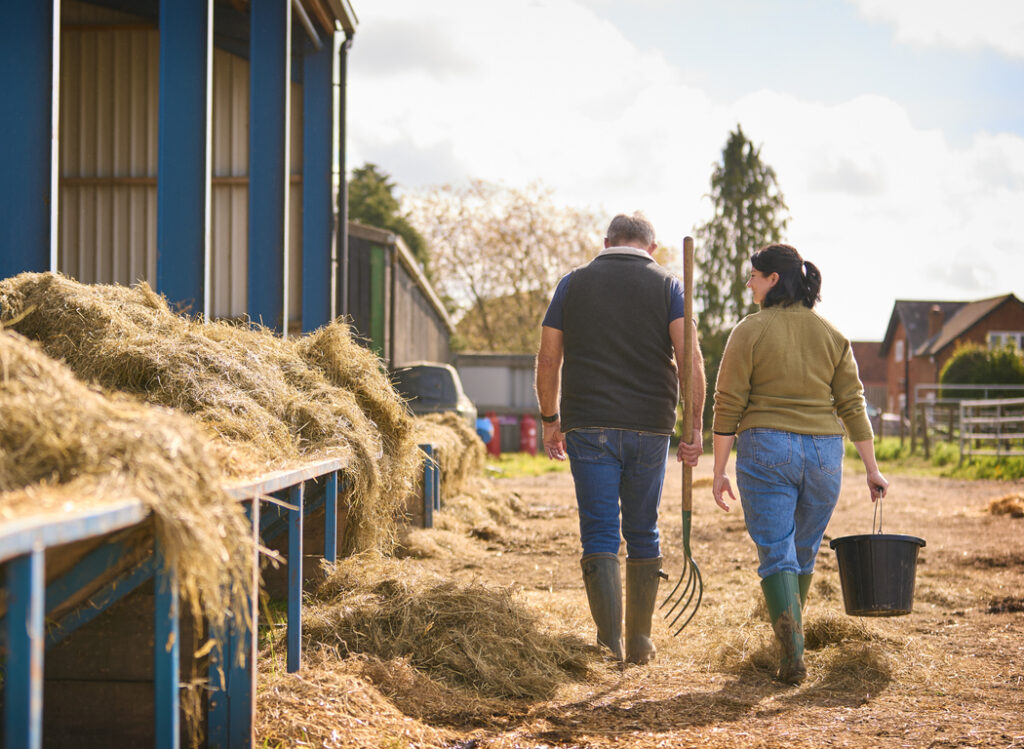The landscape of succession planning for farming families is facing significant upheaval following the government’s recent changes to Inheritance Tax reliefs.
We outline the key changes to Agricultural Property Relief (APR) and Business Property Relief (BPR), explore what these reforms mean for farming families, and provide guidance on succession planning strategies that can help you prepare for the future.
Inheritance tax changes affecting farmers
The October budget brought significant changes to Inheritance Tax reliefs that have caused widespread concern within the farming community. Historically, if your farm and assets were structured correctly, they could pass to the next generation without an Inheritance Tax liability. That certainty has now been undermined.
From April 2026, a new system will be introduced that restricts APR and BPR. Every individual will have a £1 million allowance across both reliefs. Any qualifying agricultural or business assets over this £1 million threshold will only receive 50% relief, rather than the previous 100%. In practice, this means that farming families who once expected their land and business to pass tax-free could now face substantial tax bills.
Example: Inheritance Tax Impact on a Typical Farm
To illustrate, consider a typical 500-acre farm valued at £7 million. Under the current system, APR and BPR could potentially eliminate any Inheritance Tax liability. However, from 2026, this farm could face a £1.2 million Inheritance Tax charge.
The importance of reviewing trust arrangements
Many farming families hold land and assets in trusts. Under the new regime, these trusts will no longer benefit from the previous levels of relief. Trusts holding farming assets will be subject to ten-year anniversary charges of up to 6%, and these charges will be calculated on values that exceed £325,000 and the same limited IHT reliefs that will apply to individuals.
If some or all of your farming business is held in trust, it is essential to review these arrangements and assess whether Inheritance Tax liabilities could arise. While we await further details from the government, including draft legislation, taking proactive advice now could help avoid undesirable tax charges.
Read more about trust arrangements.
Structuring your farming business for tax efficiency
The first step in preparing for these changes is ensuring that your farm business structure qualifies for the maximum reliefs available. The way you hold the assets can make a significant difference. Particular challenges can arise if your farming enterprise includes non-agricultural investments, such as cottages let to third parties; this could jeopardise eligibility for IHT relief in some cases and a review is highly advisable.
Family partnerships and companies as succession planning tools
Two commercial structures that might be used as part of a succession plan are family partnerships and family companies. These structures can enable you to:
- Transfer value to the next generation.
- Retain income and control over farming operations.
- Reduce the Inheritance Tax burden.
Achieving the tax and commercial aims can require something more sophisticated than a simple partnership structure or ordinary shares, but the advantages are usually worth it.
Preparing a robust partnership agreement
For families farming in partnership without a written agreement, it is vital to put one in place. Without it, the partnership is governed by the Partnership Act 1890, which may not reflect the family’s intentions. A partnership agreement:
- Clarifies ownership of assets.
- Determines what happens on the death of a partner.
- Helps ensure that Inheritance Tax reliefs are preserved.
- Minimises the risk of disputes between family members.
Equalising ownership between spouses
Under the new rules, the £1 million APR and BPR allowance is not transferable between spouses. If one spouse dies without using their full allowance, it is lost.
To mitigate this, it may be necessary to transfer assets between spouses during their lifetime. For example, transferring part of the farm to a spouse could allow them to make use of their £1 million allowance, maximising relief on first death.
Making lifetime gifts as part of succession planning
Gifting assets during lifetime can help reduce the size of your taxable estate. However, it is important to:
- Consider whether you can survive for seven years after making the gift.
- Ensure the gift does not trigger an immediate Capital Gains Tax liability.
- Review any Stamp Duty Land Tax implications if property is transferred.
Lifetime gifts should also take into account fairness between children. For example, parents might decide to make financial gifts to non-farming children to balance lifetime gifts of farmland made to farming heirs.
Protecting assets on divorce and other family risks
Farmers often worry about gifting assets to children who may later divorce. A well-drafted pre-nuptial or post-nuptial agreement can help protect family wealth from divorce claims. These agreements can safeguard the future of the farming business by ensuring assets stay within the family.
Updating wills to reflect succession plans
Updating wills is critical under the new Inheritance Tax regime. Without careful planning, valuable allowances could be wasted.
Options include:
- Leaving business and agricultural assets up to the £1 million allowance in a discretionary trust on first death to prevent losing the ‘first to die’s’ allowance and to ensure flexibility.
- Including specific gifts of land and business assets to children on first death.
- Leaving the surviving spouse’s estate on a discretionary trust for flexibility to assist with the distribution of the surviving spouse’s business and agricultural assets, and to enable the trustees to consider how to provide for any non-farming children.
- Ensuring the wills and partnership agreement are aligned to prevent disputes.
It is also important to consider whether children should share the burden of Inheritance Tax proportionately to the value of what they inherit.
Lasting powers of attorney for farming families
Succession planning is not just about death—it also involves planning for incapacity. A property and financial affairs Lasting Power of Attorney ensures someone you trust can run the farm if you lose mental capacity. In complex businesses, it may be appropriate to appoint separate attorneys to manage personal affairs and business interests.
Managing the risk of contentious probate claims
Poor succession planning can result in costly and damaging disputes. Common claims include:
- Proprietary estoppel, where children argue promises were made about inheriting the farm.
- Inheritance Act claims by family members who feel inadequately provided for.
- Will challenges based on lack of capacity or undue influence.
Open conversations, clear agreements, and up-to-date legal documents are the best ways to reduce the risk of disputes.
Read more about inheritance and trust disputes here.
Next steps for farming families
The new Inheritance Tax changes bring significant challenges for farming families. However, with careful planning and specialist advice, it is possible to mitigate the impact.
If you are concerned about how the changes to inheritance tax reliefs affect your farm, or would like to review your succession planning, our dedicated agriculture team is here to help.









